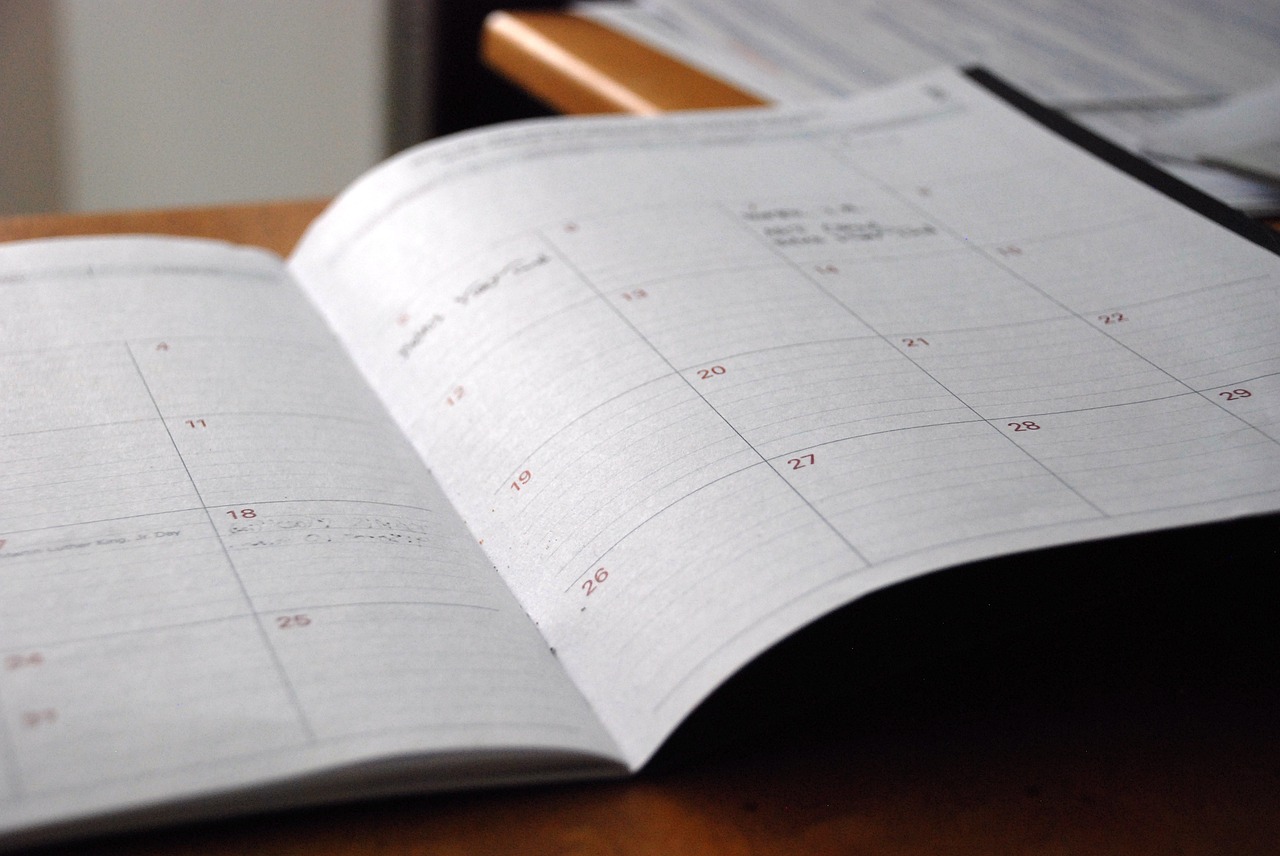A Step-By-Step Guide to Filing Self Employed Tax in Ireland
Filing your tax returns can seem like a daunting prospect—there is much conflicting information online about self-employed tax returns. In fact, it can be difficult to know the circumstances under which the law stipulates that you need to file your own tax return.
You want to ensure that you are paying the amount of tax required by law at the right time. It’s also important you don’t end up paying too much tax or too little tax.
This comprehensive blog will equip you with the knowledge and tools to properly file your tax on self employed income in Ireland, understand the conditions that require self-employment tax filing, gain insights into the filing process, and grasp the implications of non-compliance.

Understanding Self-Employed Tax Obligations
To ensure you fulfil your tax obligations accurately and on time, it’s crucial to understand the conditions that require self-assessed tax returns and the implications of late filing.
Identifying the Need to File a Self-Assessed Tax Return
When trying to understand whether you need to submit a self employed tax return, it’s helpful to have clearly defined conditions. Unfortunately, the disparate variety of sources related to filing tax returns are often anything but clear.
If you fall under any of the following categories, you are required to file your own self-assessed tax return:
- Self-employed individuals
- Recipients of non-PAYE income, including rental income, foreign income, and investment income.
- Beneficiaries of share options or share incentives
- Proprietary directors
- Participants in the Special Assignee Relief Programme (SARP)
You do not need to file a tax return if your income is solely taxed under PAYE with the exception of SARP relief.
Navigating the Self-Employed Tax Filing Process
If you meet the requirements for submitting a self-assessed tax return, such as when you are self-employed or are in receipt of rental income, it’s imperative that you know how to submit your returns and when to submit them.
Understanding the Pay and File System
The filing of self employed tax returns operates through Revenue’s Pay and File system, which outlines the following requirements and rules. Should you require assistance, tax returns can also be filed using a qualified professional service such as Tax Return Plus (from just €299 (VAT incl.)):
- The rules for Pay and File state that as a chargeable person (legal obligation to file an income tax return), you must submit an income tax return by October 31st in the following year.
- You also need to pay any outstanding balance of income tax due and preliminary tax on or before same date.
Note that Revenue imposes a four-year time limit on claims for the repayment of tax. This means that if you are owed or you think you are owed any tax back from Revenue, you must submit a claim for the repayment of this tax within four years of the relevant year.
As the tax return is filed under self assessment, Revenue will expect you to retain supporting documents for all information inputted on the Form 11 tax return. You must keep supporting documents for six years in the event of a Revenue audit.
Seeking Professional Assistance
Tax Returns Plus offers expert assistance in filing self-employed tax returns, ensuring accuracy and timely submission. Our services start from just €299 (VAT incl.). Contact us today to eliminate the stress of tax filing and ensure you fulfil your obligations correctly.

Understanding the Implications of Not Filing Taxes on Time
Failure to file income taxes on time under the self-assessment rules leads to a significant surcharge to your tax liability, depending on how late you submit the income tax return as follows:
- If you submit within two months after the deadline passes (31st October each year), a surcharge of 5% of your liabilities applies.
- For tax returns submitted later than two months after the October 31st deadline, you pay a 10% surcharge on your tax liability.
- The Revenue may also impose interest and penalties for the late filing of your tax return.
Top Tips For Filing Tax on Self Employed Income
- Timely Filing is Crucial: Avoid hefty surcharges and potential penalties by filing your self-employed tax return on or before the October 31st deadline each year.
- Gather Necessary Documents: Collect all relevant income and expense documentation to support your tax return, including bank statements, receipts, and invoices.
- Understand Allowable Expenses: Familiarise yourself with deductible expenses for self employed individuals that can be offset against your self-employed income, such as business travel costs, office supplies, and depreciation on equipment.
- Seek Professional Assistance: Consider seeking professional tax advice from a qualified accountant or tax advisor to ensure accurate filing and maximise tax deductions.
- Stay Informed of Tax Changes: Keep abreast of any changes in tax regulations or legislation or annual budget updates that may affect your self-employed tax obligations.
- Plan Ahead for Tax Payments: Set aside funds throughout the year to cover estimated tax payments, avoiding the burden of a large lump sum payment at the end of the tax year.
- Avoid Late Payments: If unable to file or pay taxes on time, contact Revenue immediately to discuss potential deferrals or payment plans to minimise penalties. The longer you leave it before submitting your tax returns, the more likely you’ll have to pay the higher surcharge of 10 percent along with any interest and penalties the Revenue may impose.
Ensure Accurate and Timely Tax Filing with Tax Returns Plus
Whether you are a self-employed person, a landlord, or you meet any other criterion that requires you to file an annual self-assessed income tax return, the team at Tax Return Plus can help take the stress out of filing your taxes accurately and on time.
A standard tax return with us starts from just €299 (VAT incl.). Fill out our simple form to get a quote, or contact our expert team today to ensure you pay the taxes you owe and no more.
If you found this guide helpful, make sure you check out some of our other helpful guides.
